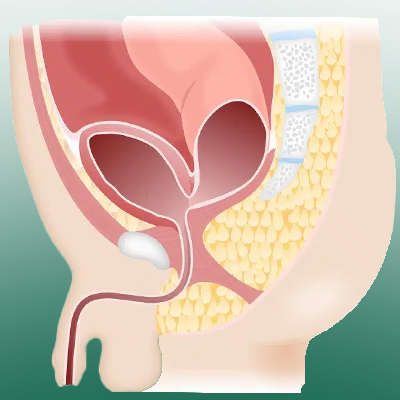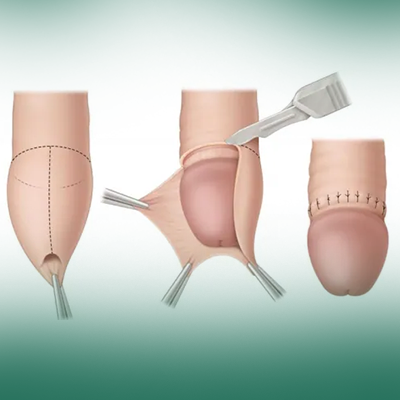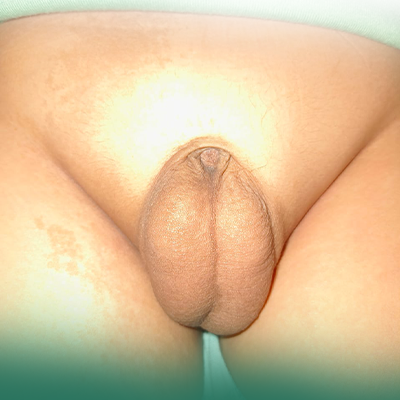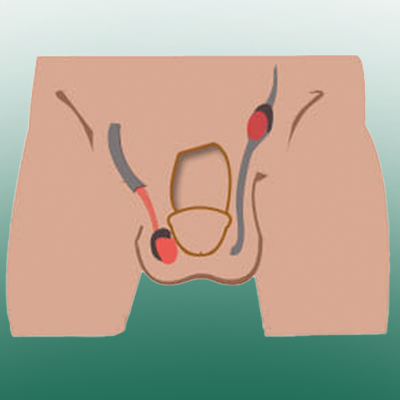Anorectal obstruction is a birth defect characterized by the absence of a normal anus or an incomplete anus as a result of a developmental defect during pregnancy.
Types of anus obstruction:
Blocked anus without an opening.
Blocked anus with an incomplete opening.
Symptoms:
The baby is unable to have a bowel movement for 24 to 48 hours after birth.
Abdominal pain and bloating.
Feces coming out of the urethra.
Diagnostic methods:
An anal blockage is diagnosed by a clinical examination. The doctor may also order an ultrasound or X-ray to confirm the diagnosis.
Treatment:
Pediatric anus obstruction is treated surgically.
The method of surgery varies depending on the type of obstruction and the age of the child.
A new anal opening is created in the normal place and connected to the rectum.
Rapid intervention is necessary to avoid complications such as:
Intestinal obstruction: This occurs when feces cannot pass through the intestines.
Urinary tract infections: Urinary tract infections can be caused by the buildup of feces in the intestines.









